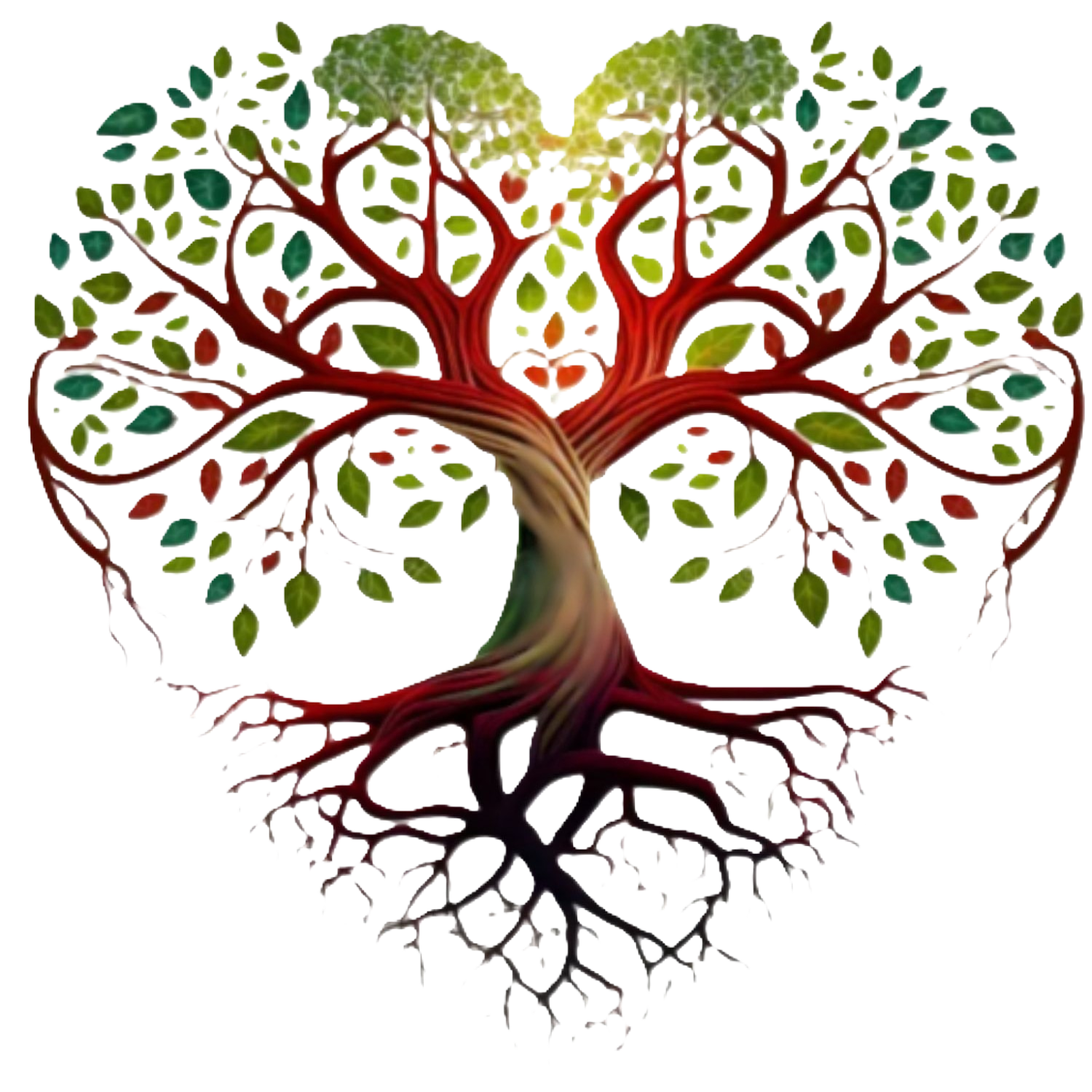Primary Class (age 4 ¾ – 6)
Usually a Montessori Primary Class is for ages 3-6. However, as a public charter school, Tree of Life is only able to accept children who are 4 by September 1 for transitional kindergarten for the 2025-26 school year. In this developmental period, the child's hand and brain cooperate to develop reason and intellect as the child explores the environment through the senses. To meet this need, the environment contains beautiful materials that invite the child to develop discrimination of the senses and also provide a foundation for later work in mathematics, language arts, sciences, and cultural subjects. The development of coordination, concentration, and independence are also important at this time, and the classroom activities include opportunities to develop these traits through practical life activities, such as cooking, gardening, housekeeping, woodworking, needlework, and art techniques. At this level, many children are in a sensitive period for learning new vocabulary, associating the sounds of language with its symbols, exploring concepts of mathematics and geometry, and investigating the world around them. Children enjoy practicing these skills by using the beautiful learning materials, through arts and drama, with group games, and through doing various projects.
Junior Elementary Class (age 6-9)
There is a point in a child's development, usually around age 6, when the child develops a tremendous curiosity and thirst for knowledge about the universe. Whereas the means of a child's exploration of the environment in the previous developmental period was through the senses, the child is now ready to use imagination to actively build a knowledge base in search of “the big picture” through an interrelationship of facts. The child tackles more abstract ideas, eagerly accepts challenges, enjoys working with peers, has a very high energy level and sense of adventure, and becomes interested in justice and moral issues. All of these traits are provided for in Montessori elementary classrooms, rich with beautiful lesson materials, books, scientific tools, history timelines, and art materials. In addition, the structure of the classroom day with long, uninterrupted work periods allows for students to delve deeply into projects that interest them, to learn from and to teach each other, and to collaborate. Immersion experiences, such as field trips, simulations, and community service enhance the child's awareness of the world and place in it. Creative imagination is developed as a tool for learning as well as a means of self-expression through arts, drama, music, literature and writing, and dance and movement.
Senior Elementary Class (age 9-12/13)
During this second phase of development from age 6-12, children begin to think more abstractly, and they value their social relationships. They continue a more in-depth study of human civilizations and sciences, and they refine their skills in writing, analyzing literature, mathematics and geometry, practical life areas, and social competence. These older children practice leadership, teaching, and collaboration, and they are given a special challenge project as a culmination to their elementary years.
Secondary Class (age 12-14)
Traditionally, Montessori Secondary programs are for grades 7 through 12 and ages 12/13 to 18. Our school only goes up to 8th grade so our secondary class consists of grades 7 and 8.
